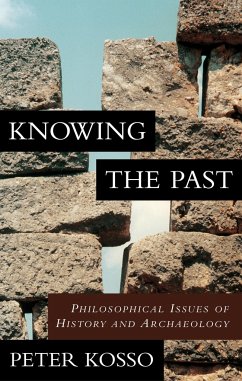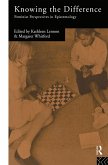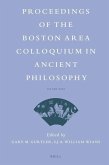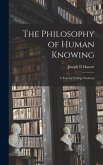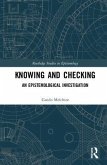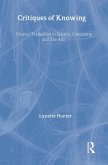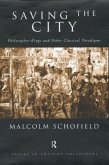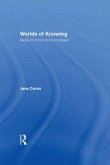How can we know what really happened in the distant past in places like ancient Egypt, Mesopotamia, Palestine, Greece, and Rome, especially since the evidence is fragmentary and ancient cultures are so different from our own frame of reference? Scholars may examine historical documents and archaeological artifacts, and then make reasonable inferences. But in the final analysis there can be no absolute certainty about events far removed from present reality, and the past must be reconstructed by means of hypotheses that coherently organize all available data. Knowledge claims about the past, and about many areas of science as well, rest on a network of interdependence between theory and evidence, and between interpretation and data. In this fascinating study of epistemology, philosopher Peter Kosso argues for a coherence model of epistemic justification. In the first part, the conceptual argument, he proposes a model of knowledge of the past. In the second part he presents three detailed case studies drawn from the work of historians and archaeologists. These studies are used to support and fine-tune the model outlined in the first part. Kosso presents many insights into the limits of knowledge and our ability to know the mental as well as the physical past. Historians, archaeologists, philosophers, and students interested in epistemology will find this accessible work to be of great value.
Hinweis: Dieser Artikel kann nur an eine deutsche Lieferadresse ausgeliefert werden.
Hinweis: Dieser Artikel kann nur an eine deutsche Lieferadresse ausgeliefert werden.

